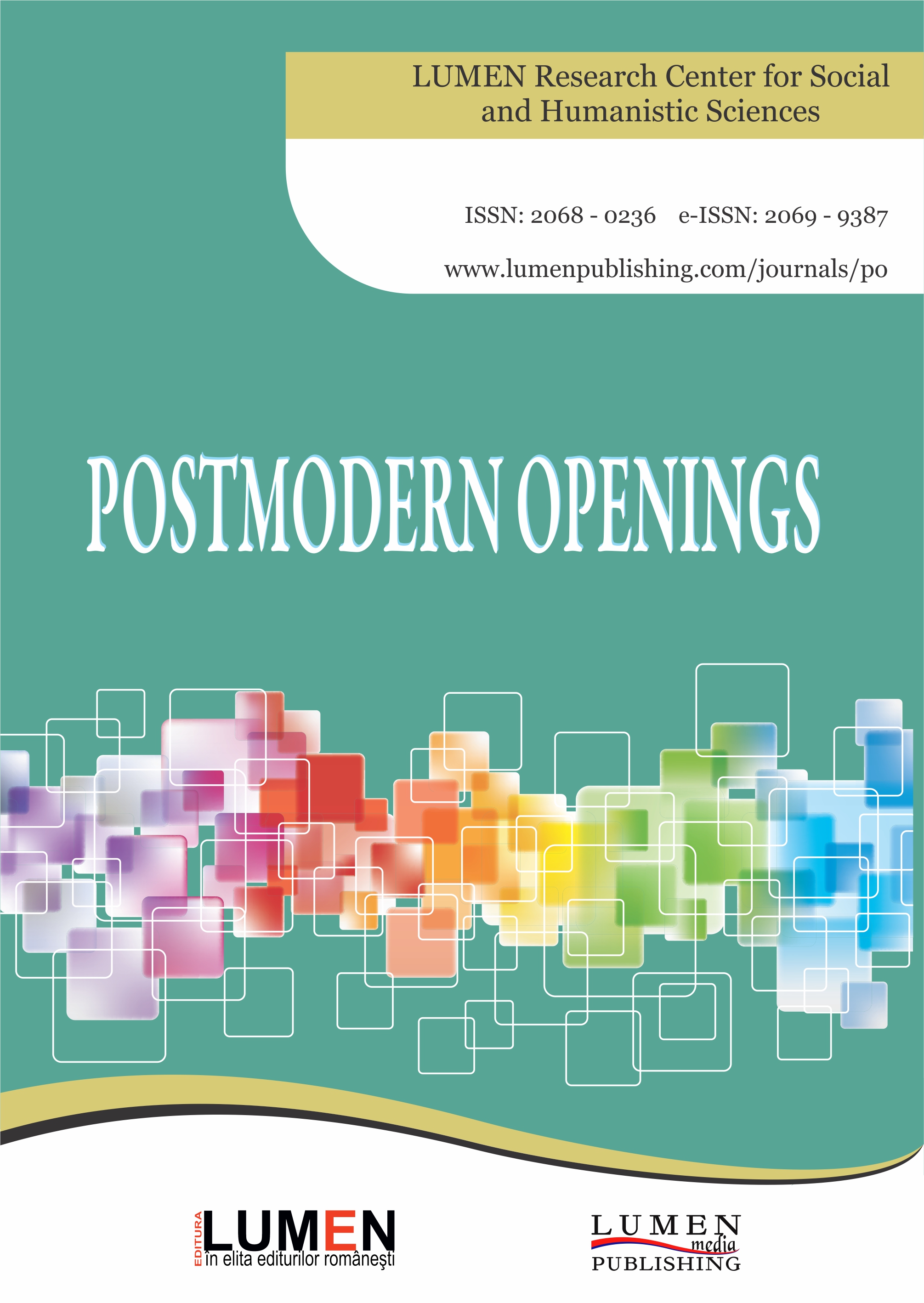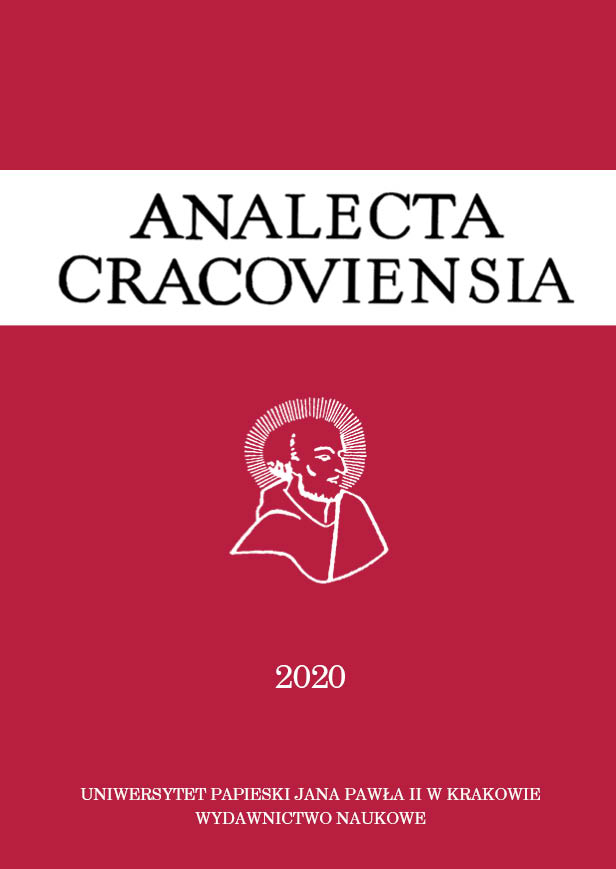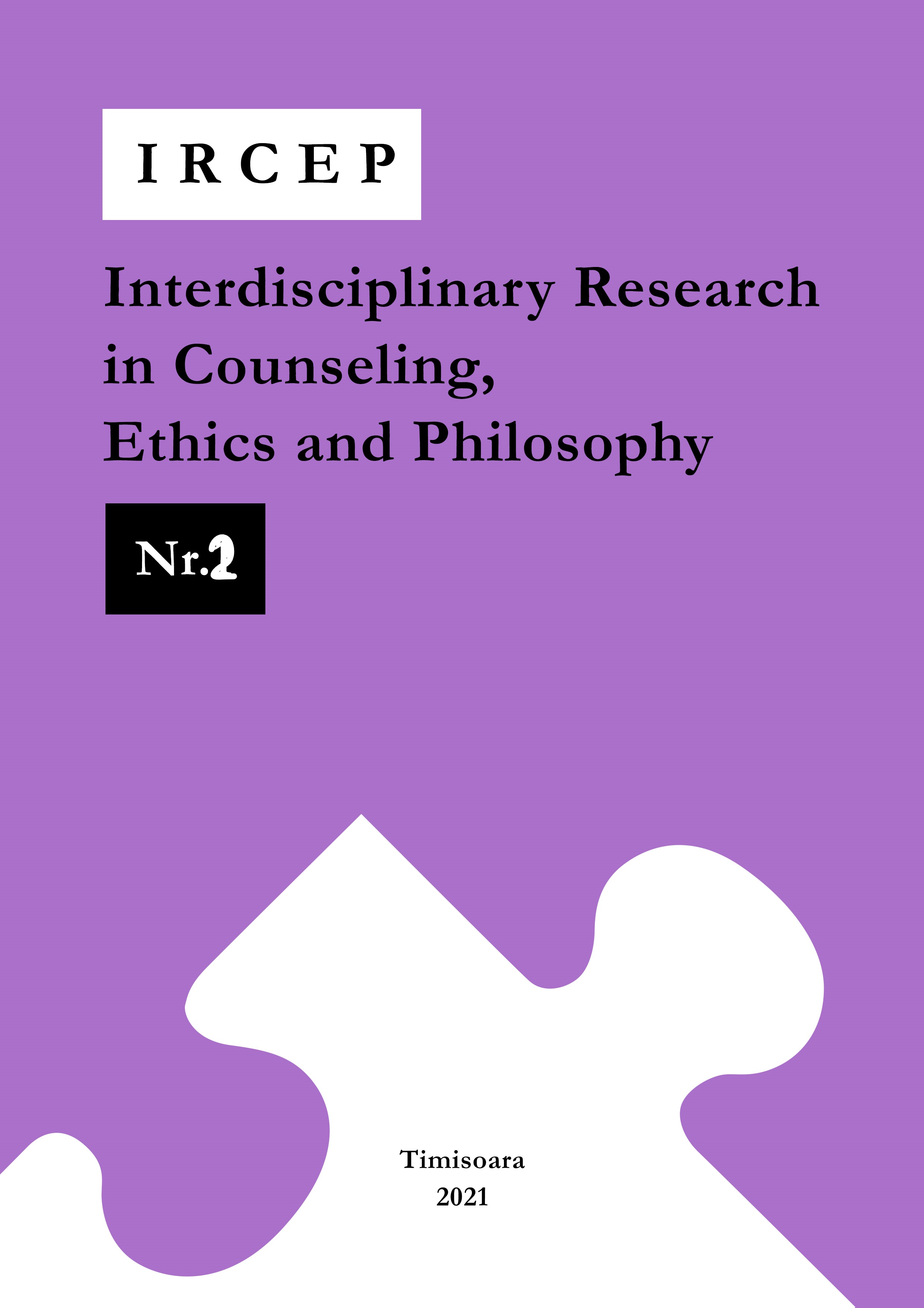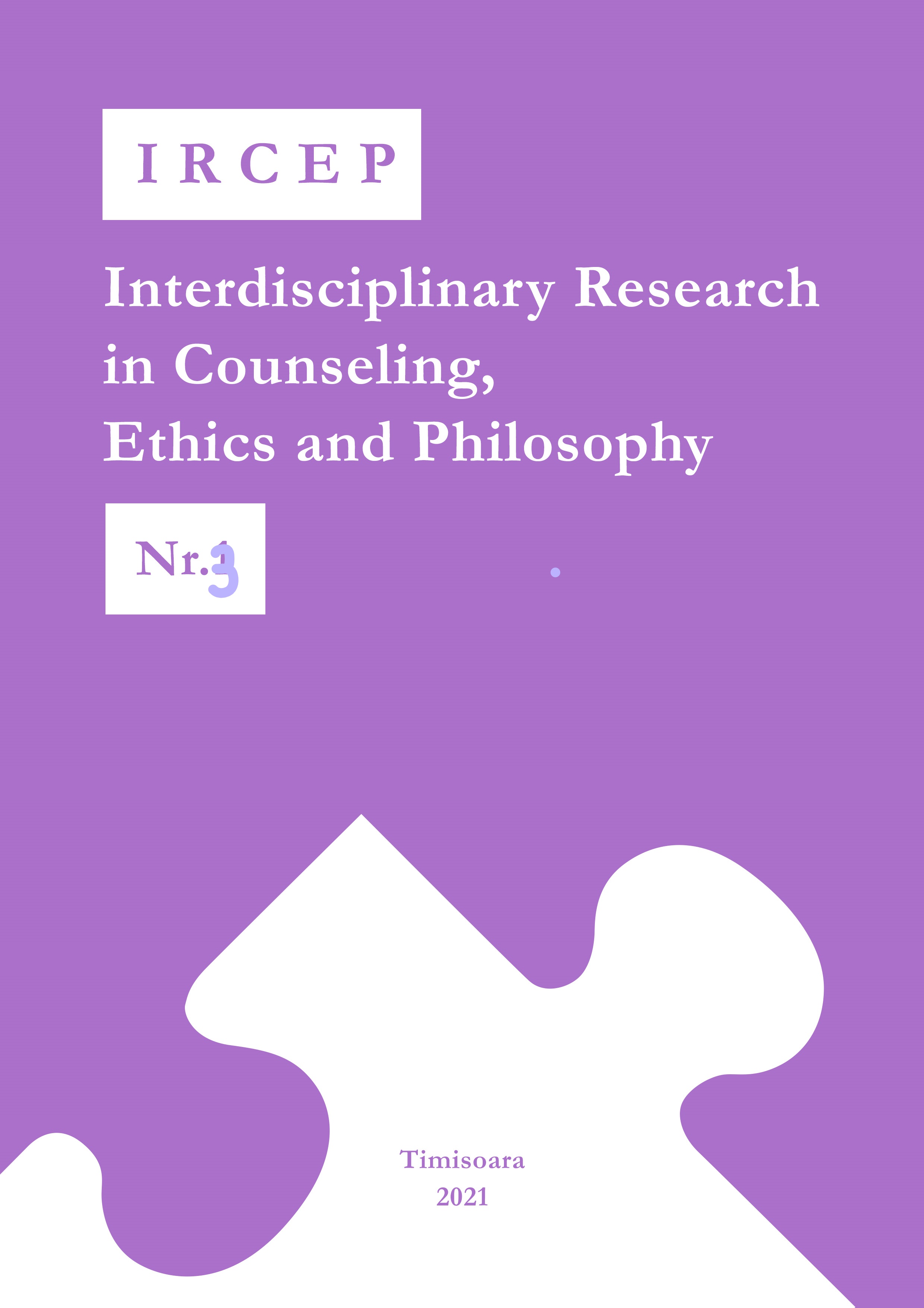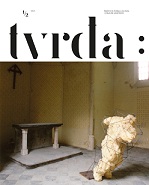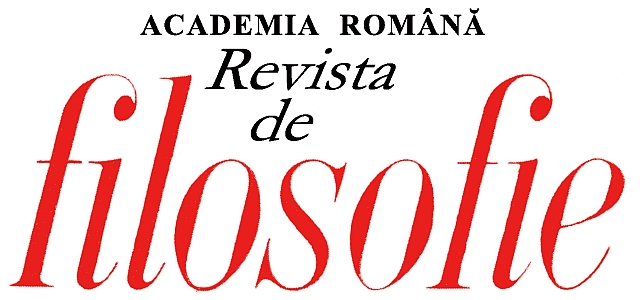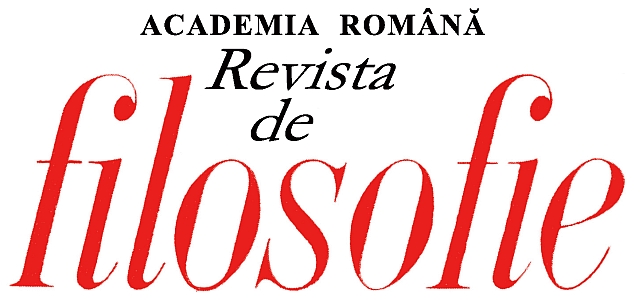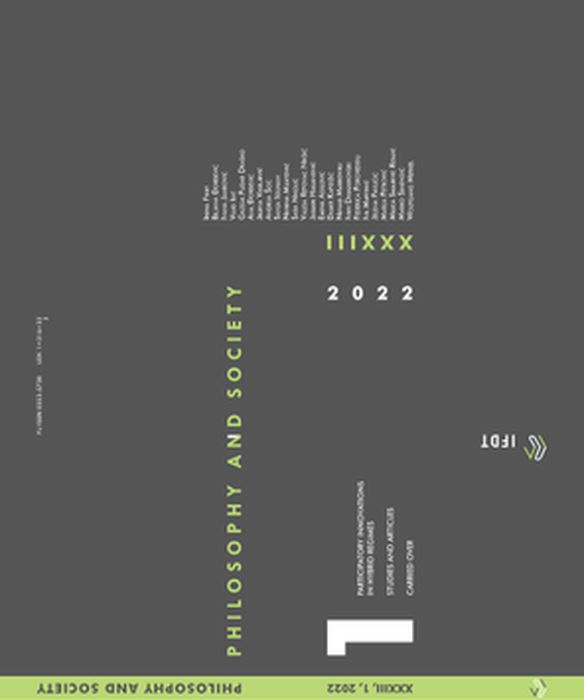lmmanuelio Kanto etikos aktualumas
Neseniai pasirodžiusi V ilniaus pedagoginio universiteto profesorės Jūratės Baranovos monografija XX amžiaus moralės filosofija: pokalbis su Kantu (VPU leidykla, 2004) yra šiuolaikinės etikos studija, kurioje apibendrinti ilgalaikiai autorės Vakarų moralės filosofijos tyrinėjimai. Iki šiol Lietuvoje labai maža tyrimų, skirtų šiuolaikinei etikai arba moralės filosofijai, nors jų aktualumu netenka abejoti, žinant, kaip sparčiai Vakaruose plėtojasi šiuolaikinė etinė mintis ir kinta sociokultūrinis moralinės praktikos kontekstas, taip pat suvokiant fundamentalią etikos sprendimų reikšmę visoms konkrečioms žmogiškosios veiklos sritims, įskaitant ir ugdymą.
More...
